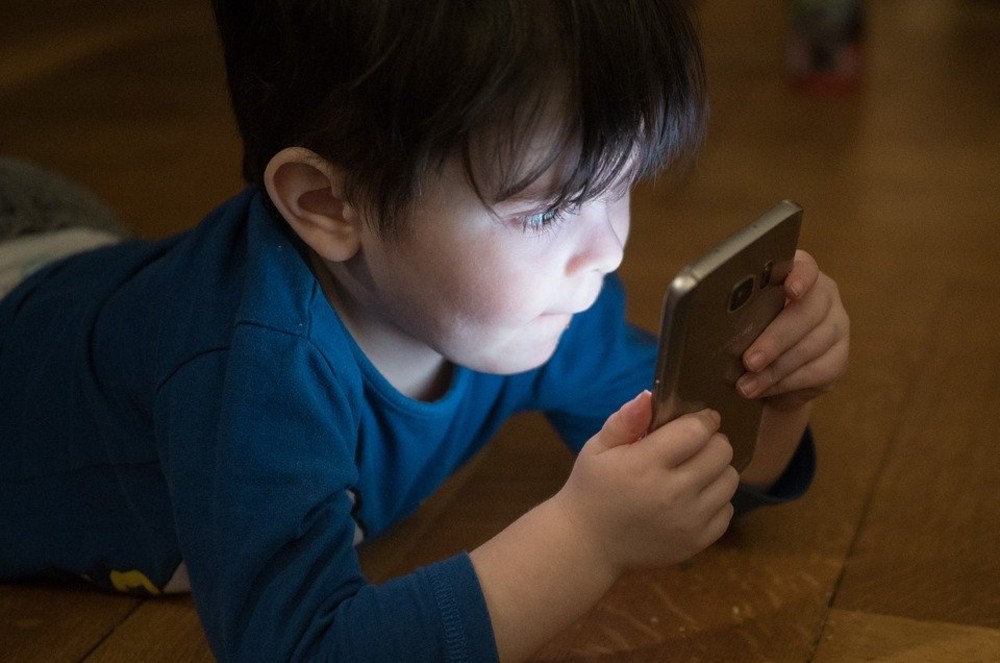Increased cases of suicides, depression, and anxiety among students under the age of 15 have led to a lawmaker introducing a bill to address smartphone addiction. The bill seeks to ban the usage of smartphones by these students in both public and private schools.
Smartphone addiction has become a huge problem around the world. Different researches have been contacted and established this addiction is having adverse effects on young adults. Some of the symptoms being displayed by those who are addicted include being anxious and depressed.
Addressing smartphone addiction
A lawmaker in Manilla, Philippines have, however, moved to cub this trend of addiction by introducing a bill that would see the criminalization of smartphone usage by people under the age of 15. The bill seeks to limit the usage of phones in both public and private schools. The lawmaker stated that the legislation is meant to address the rising cases of mental health issues among this demographic of students.
San Jose Del Monte City Rep. Florida Robes justified his reasons for the bill by saying,
Many studies had shown that children who are allowed to use their phones and gadgets even during school hours exhibit psychological, physiological and mental health issues.
Mr. Robes also showed great concern about the effect these devices were having on the children by stating some of the findings of the research, which showed an increase in mental health issues due to smartphone addiction. He pointed out that increased usage of phones is leading to diminishing academic performance among this group and cyberbullying.
Limited use could reduce addiction consequences
Rising cases of suicide, depression, and anxiety in the Philippines among young people have been shown to be linked with smartphone addiction. The lawmaker said that, if access is limited, then these cases would reduce.
Under Mr. Robes’ proposal, all smartphone devices in schools must be surrendered once the bill becomes a law. However, students will still be able to use their phones during an emergency and Mr. Robes said the bill would not take away that privilege.
Featured image by Pixabay







